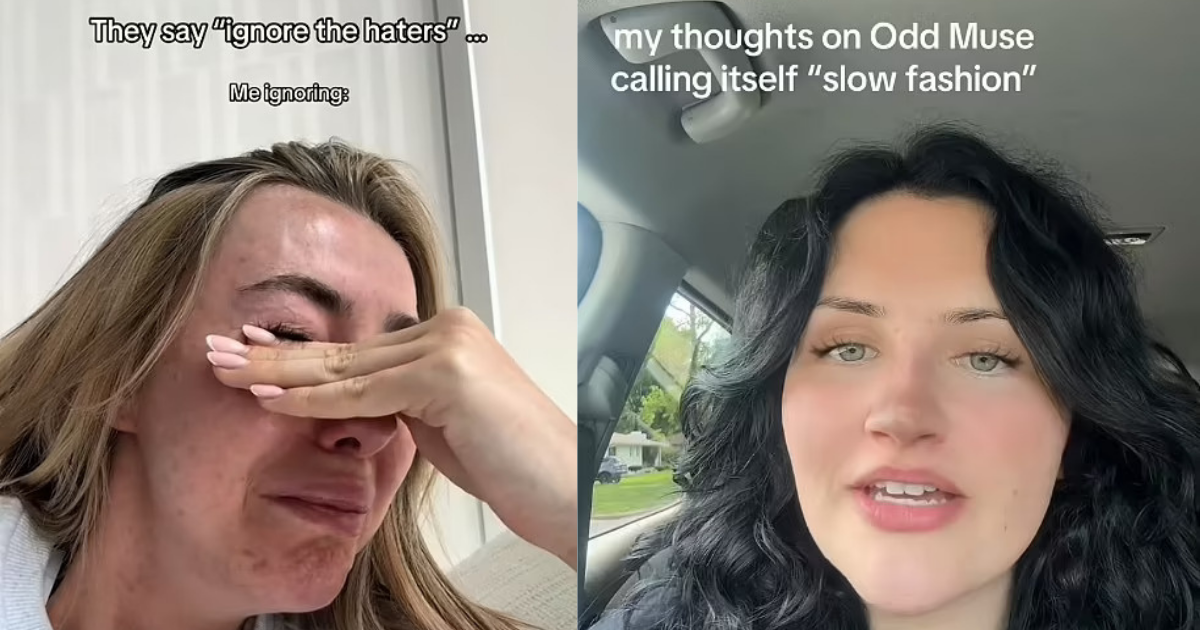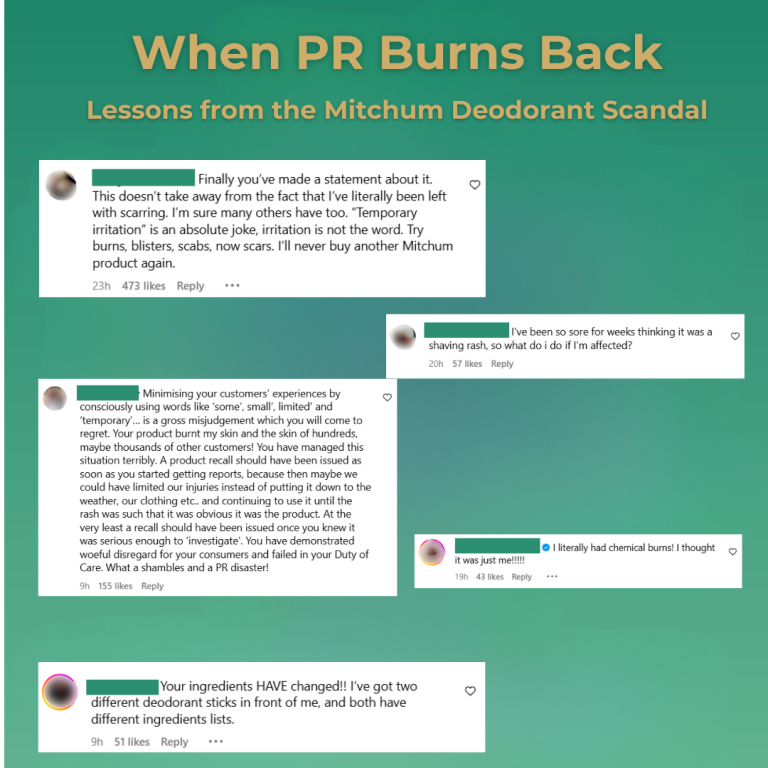
In the ever-evolving landscape of digital entrepreneurship, the recent TikTok controversy involving Odd Muse founder Aimee Smale and the critical account @plzdontbuythat offers a compelling case study. This incident not only highlights the challenges of brand perception in the age of social media but also underscores the importance of strategic communication and emotional intelligence for business leaders.
The Spark: A Viral Critique
@plzdontbuythat, known for calling out influencer brands, posted a video questioning Odd Muse’s claims of “sustainable and slow fashion”. The critique centered on the brand’s pricing and product quality, suggesting that the items did not align with the promised value. This video quickly gained traction, sparking widespread discussion about brand authenticity and consumer trust.

Why the Criticism Stuck: A Closer Look at the Claims
Much of @plzdontbuythat’s critique resonated with viewers because it pointed to clear contradictions in Odd Muse’s brand messaging. While the company markets itself as a “sustainable” and “affordable luxury” label, several details raised eyebrows: garments manufactured in China under unclear ethical conditions, high markups for items made from polyester blends, and a lack of transparency around supply chains. These are common red flags in the fast fashion industry, where sustainability claims are often more marketing than substance. By highlighting these inconsistencies, @plzdontbuythat tapped into a growing demand from consumers for honesty, accountability, and meaningful sustainability practices, not just buzzwords.
The Response: Emotion Meets Backlash
In response, Aimee Smale shared an emotional video expressing her distress over the criticism. She stated, “I can’t lie, the abuse I’m receiving is overwhelming. I shouldn’t look but it is hard when the accusations are so wild and untrue.”
While vulnerability can humanise a brand, the public display of emotion led to a polarised reaction. Some viewers empathised with Smale, appreciating her openness. However, others questioned her professionalism, with comments suggesting that her emotional response indicated a lack of suitability for business leadership.

The Fallout: A Lesson in Crisis Management
The incident underscores several key lessons for business owners navigating the digital realm:
- Separate Personal and Professional Responses: While it’s natural to feel personally affected by criticism, public responses should be measured and strategic. Emotional reactions can sometimes exacerbate the situation.
- Engage Constructively with Criticism: Addressing concerns transparently and constructively can turn a negative into a positive. Acknowledging valid points and outlining steps for improvement demonstrates accountability.
- Understand the Power of Social Media: Platforms like TikTok can amplify both praise and criticism. It’s crucial to monitor brand perception and engage with the audience proactively.
A Contrast in Crisis Management: Chelsey Brown’s Proactive Approach
In contrast to Smale’s response, Chelsey Brown, founder of Curio Blvd, demonstrated a calm, principled approach when faced with public criticism. After @plzdontbuythat raised concerns about the use of bamboo in one of the brand’s bedding products, Chelsey took swift and thoughtful action, replacing the fabric with a more sustainable alternative. She also posted a TikTok reinforcing the importance of supporting brands that are open to receiving negative feedback, rather than those that try to silence it.
Her transparency and willingness to adapt were met with widespread praise. Many applauded her commitment to ethical and sustainable practices, seeing it as a reflection of strong brand values. Brown’s response is a clear example of how addressing criticism with integrity and a focus on long-term principles can ultimately build a more resilient and respected brand.
Moving Forward: Building Resilience

The digital age demands that business leaders develop resilience and adaptability. Embracing feedback, even when it’s harsh, can lead to growth and improvement. Despite recent criticism, Aimee Smale has built a successful business, with Odd Muse now valued at €5 million. This strong foundation presents an opportunity for reflection, evolution, and long-term brand credibility.
In conclusion, the Odd Muse incident serves as a reminder that in the digital era, perception is reality. Business owners must navigate the delicate balance between authenticity and professionalism, ensuring that their responses to criticism reinforce their brand’s integrity and commitment to excellence.
Úna O’Shea
Úna O’Shea is an Account Executive with the Consumer Communications team at Fuzion.







